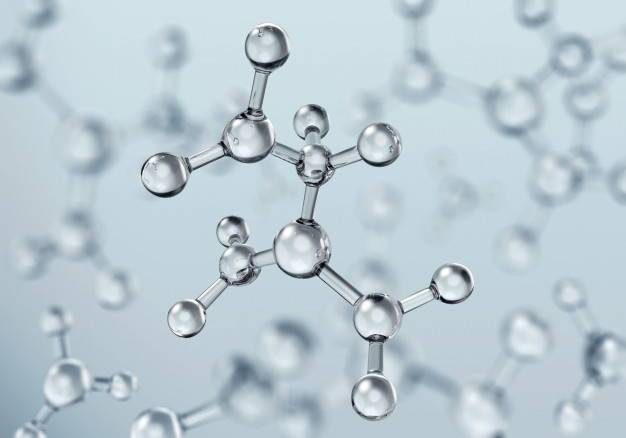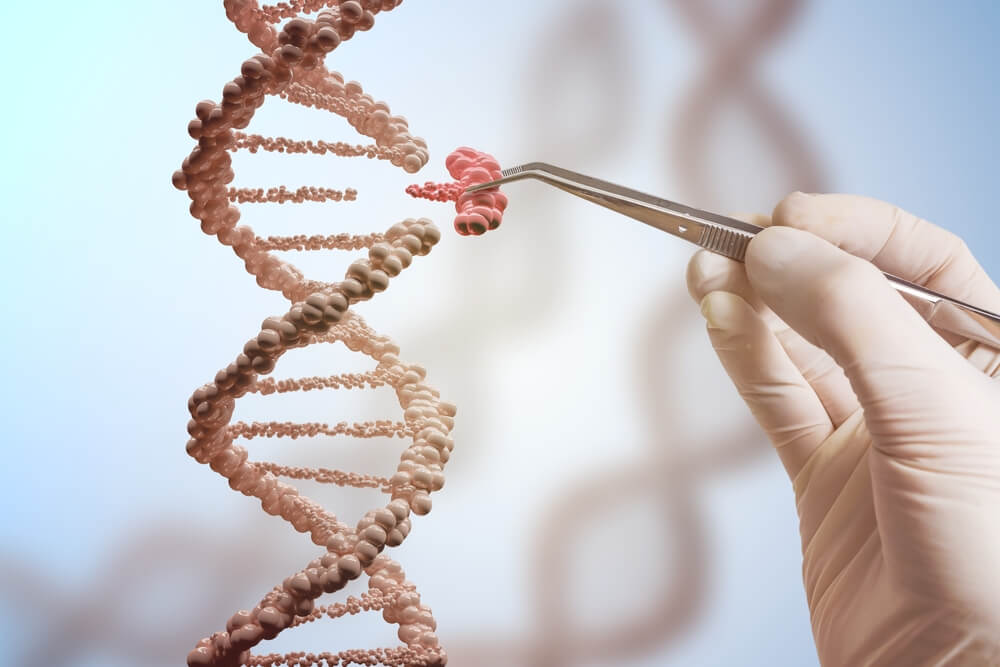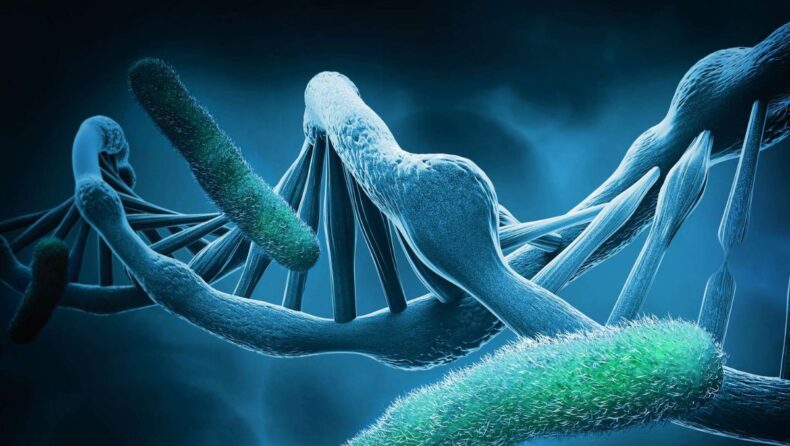Researchers from University of Delaware have engineered bacteria to synthesize an unnatural amino acid.
Proteins are made up of amino acids, which are necessary for the proper functioning of biological systems. There exist 20 standard amino acids which make up proteins in all living systems, more than 500 other types of amino acids found in nature, and a significant number of amino acids that have been synthesized by humans. Some of these alternative amino acids can aid in the development of novel medications and therapeutics.

Aditya Kunjapur, an assistant professor in the Department of Chemical and Biomolecular Engineering in the College of Engineering, and his team at the University of Delaware have now created bacteria that can synthesize an amino acid with a rare functional group that has been linked to implications in the regulation of our immune system.
A look into the Study
The researchers use tools from synthetic biology and genetic engineering to create bacteria that can synthesize various chemical compounds, particularly those with functional groups or qualities that are not widely represented in nature.
In this study which was recently published in Nature Chemical Biology, the researchers mainly focussed on para-nitro-L-phenylalanine (pN-Phe), which is a non-standard amino acid and has not been observed in nature. Other research teams have used pN-Phe to aid the immune system in mounting an attack on proteins that it normally wouldn’t respond to.

According to Kunjapur, the nitro functional group has a lot of valuable features that have not been fully investigated. The pN-Phe also has a great history in literature- it can be added to a protein from a mouse and subsequently back to mice, and the immune system will no longer be able to tolerate the original form of that protein. This ability shows potential for the treatment or prevention of diseases that occur due to misfolded proteins that the immune system finds difficult to lock onto.
The researchers were able to increase the “alphabet” of accessible amino acids encoded by DNA by using genetic code expansion techniques. The scientists were able to develop a system that generates nitrated proteins on its own by combining metabolic engineering methods with genetic code expansion.
As per Kunjapur the amino acid that they chose as the target for this experiment was unconventional due to the nitro functional group chemistry, and many experts in this field might not have expected that it could be produced utilizing biosynthesis.
Further steps
The next stage in this research is to improve their processes so they can produce more nitrated proteins and to broaden their research to include more bacteria. The long-term objective is to further develop this platform for vaccination or immunotherapy applications, efforts supported by Kunjapur’s 2021 AIChE Langer Prize and the 2022 National Institutes of Health Director’s New Innovator Award. Kunjapur and Neil Butler, the first author of this work and a doctoral candidate, co-founded Nitro Biosciences to help advance this long-term objective.
The impact of the study
The ramifications according to Butler are intriguing as one can take a bacteria’s central metabolism, its capability to synthesize various compounds, and through certain modifications can expand its chemical repertoire. Though the nitro activity is rare in biology and is not present in the standard 20 amino acids, but through this study it has been shown that bacterial metabolism is malleable enough that it can be reprogrammed to develop and integrate this functionality.

According to Kunjapur, bacteria are potentially valuable vehicles for drug delivery and this newly developed method by the team could leverage bacteria’s ability to make specific target antigens within the body and exploit the nitration ability to shed light on those antigens simultaneously.













